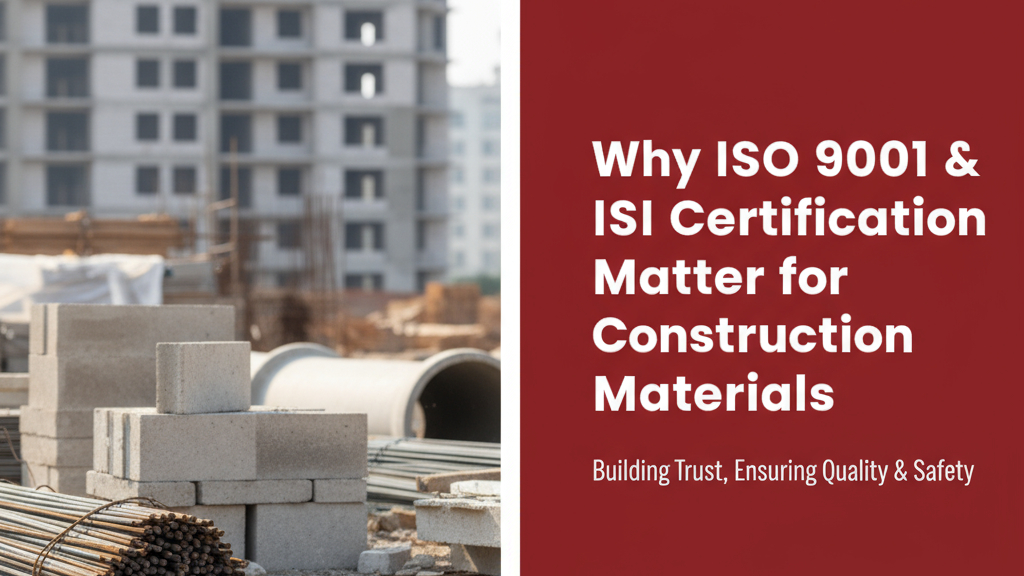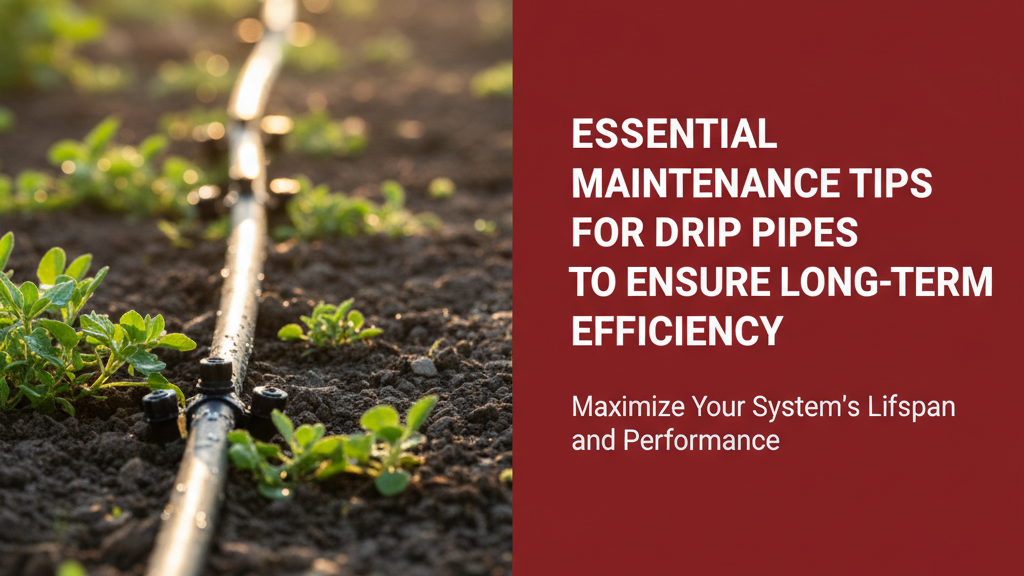Introduction to ISO 9001 and ISI Certification
When selecting construction materials, certifications such as ISO 9001 and the ISI mark serve as critical indicators of quality and reliability. These standards help builders, architects, and homeowners make informed decisions by ensuring products meet stringent performance and safety requirements. In an industry where substandard materials can lead to structural failures or costly repairs, certifications provide an essential layer of trust.
The Role of Quality Standards in Construction
Quality standards in construction act as safeguards against common risks such as material degradation, poor load-bearing capacity, or environmental wear. They establish consistent manufacturing processes, material specifications, and testing protocols to guarantee that pipes, windows, doors, and other building components perform as expected—especially under Indian conditions like monsoon rains, high humidity, or extreme temperatures.
Understanding ISO 9001 Certification
ISO 9001 is an internationally recognised quality management system (QMS) that ensures manufacturers adhere to rigorous processes in production, testing, and customer service. For construction materials, this means:
- Standardised manufacturing procedures to minimise defects
- Regular audits to maintain consistency in material quality
- Traceability of materials from raw sourcing to finished product
- Continuous improvement based on performance data
For example, an ISO 9001-certified HDPE pipe manufacturer will have documented evidence of pressure-testing batches and corrective measures for any deviations.
What is ISI Certification?
The ISI mark, issued by the Bureau of Indian Standards (BIS), confirms compliance with Indian product-specific standards (IS codes). Unlike ISO 9001 (which focuses on processes), ISI certification validates the product itself. Key aspects include:
- Mandatory for certain construction materials under BIS Act 2016
- Rigorous lab testing for strength, durability, and safety
- Surprise factory inspections to verify ongoing compliance
Products like uPVC pipes and window profiles often require ISI certification to ensure they meet Indian climatic and usage demands.
Benefits of ISO 9001 in Construction Materials
For buyers and specifiers, ISO 9001 certification offers tangible advantages:
- Reduced failure rates: Systematic quality checks lower the risk of leaks (in pipes) or warping (in uPVC windows)
- Longer lifespan: Consistent material formulations resist UV damage, corrosion, or thermal expansion better than uncertified alternatives
- Supply chain reliability: Certified suppliers minimise project delays caused by rejected material batches
Advantages of ISI Certification for Builders and Buyers
The ISI mark provides specific assurances tailored to Indian construction needs:
- Monsoon readiness: ISI-certified water tanks and pipes withstand heavy rains without cracking or leaching
- Load guarantees: Certified uPVC window frames maintain structural integrity under wind pressures common in coastal regions
- Health protection: ISI-marked materials restrict harmful additives like lead in plumbing systems
How These Certifications Enhance Safety and Durability
Certifications translate directly into real-world performance. For instance:
- ISO 9001-certified wall putty manufacturers ensure uniform adhesion (typically 1.5–2 N/mm²) across batches, preventing plaster cracks
- ISI-marked uPVC doors demonstrate impact resistance up to 1,000 cycles in hinge durability tests (IS 10322)
This reliability becomes crucial in multi-storey buildings where material failures can have cascading effects.
The Impact on Compliance and Legal Requirements
In India, certifications aren’t just quality markers—they’re often legal necessities:
- Many municipalities mandate ISI-certified pipes and tanks for water supply projects
- Development authorities may require ISO 9001 documentation for contractor pre-qualification
- Insurance claims related to material failures typically favour certified products
Steps to Acquire ISO 9001 and ISI Certification
For manufacturers, certification involves:
- ISO 9001: Implementing QMS processes → Internal audits → Third-party assessment by accredited bodies
- ISI mark: Product testing at BIS labs → Factory inspection → Annual surveillance audits
This 6–18 month process reinforces why certified materials command market trust.
Conclusion: Building Trust Through Certification
In construction, where compromises on material quality can have decades-long consequences, ISO 9001 and ISI certifications serve as unbiased validators of performance. They assure stakeholders that pipes won’t fail under monsoons, windows will密封 against dust storms, and structures will endure as intended—making them indispensable tools for risk management in Indian building projects.



